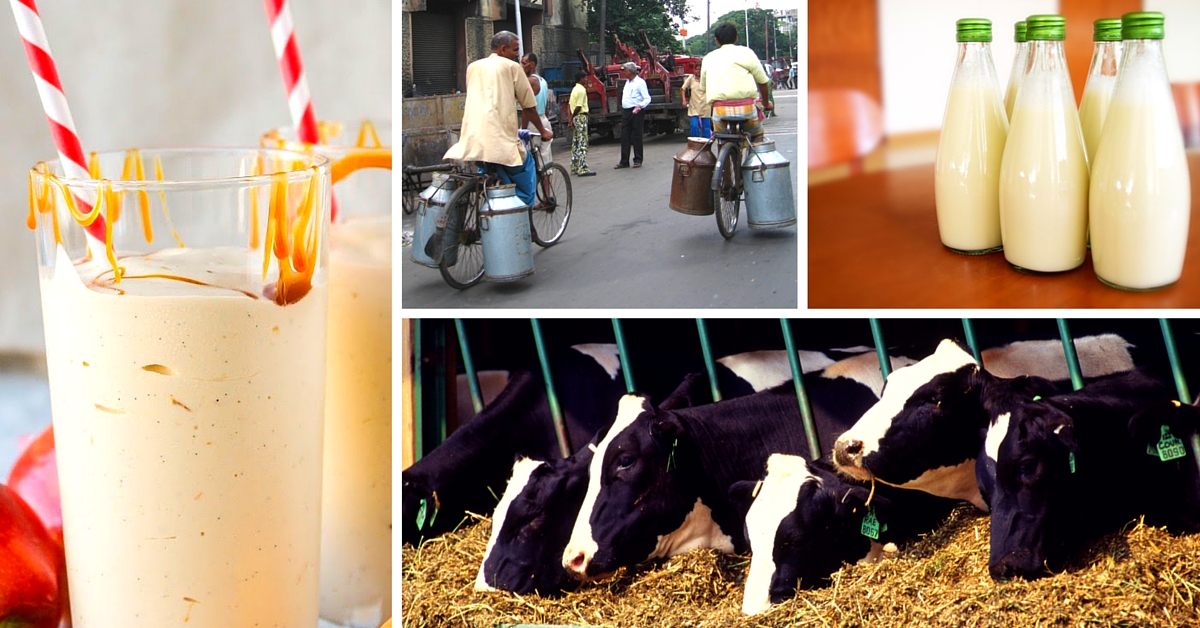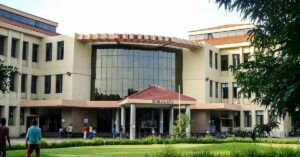Pathbreaking Technology to Detect Milk Adulteration in 45 Seconds and Less Than Re 1
The largest producer of milk in the world, about 68% of India's milk does not mark up to the standards set by food regulators due to adulteration. To fix this, CSIR-CEERI has developed a new instrument that can detect all kinds of adulteration in just 45 seconds.

India produces about 146 million tonnes of milk, making it the largest producer in the world. Which is why, when Science and Technology Minister Harsh Vardhan talked about the reality of India’s milk quality, everyone sat up and took notice.
He said to the Lok Sabha on March 16 that nearly 68% milk sold in India is below the standards set by the Food Safety and Standards Authority on India (FSSAI).

Quoting a FSSAI report from 2011, he said some of the most common adulterants include caustic soda, detergents, refined oil, and even white paint.
A new instrument developed by CSIR Central Electronics Engineering Research Institute, Pilani, Rajasthan, is reported to identify and detect adulteration in just 45 seconds. It can be used to scan milk samples at collection centres.
Talking about the instrument, Harsh Vardhan said, “The new technology is based on acquiring electrochemical fingerprint coupled with multivariate data analysis technique. Globally, there is no system available based on similar methods. This is a fully Indian concept.”
The new kit can detect various kinds of adulterants, such as urea, water, detergents and other chemicals, all in one machine. This is a major scientific development in India; so far, various kinds of tests were used to detect different kinds of adulterants.
Before this technology came around, the cost of testing milk through multiple instruments cost around Rs 4.5 lakhs, and expert technicians. However, the new scanner costs around Rs 70,000 to Rs 1 lakh. The cost of testing comes up to under Re 1 per sample of milk. Also, expert analysis is not required.
Currently, the government has put the new tech into the market. About 40 milk collection centres, including Gujarat, Punjab and Rajasthan, are using the instrument. The government aims to spread the use of the instruments to as many areas as possible. “The adoption and deployment of this technology in as many villages and milk societies as possible would be a step forward in enhancing the standards and quality of milk. Besides, it will also help in generating employment,” Vardhan said.
Like this story? Or have something to share? Write to us: [email protected], or connect with us on Facebook and Twitter (@thebetterindia).
This story made me
- 97
- 121
- 89
- 167
Tell Us More
We bring stories straight from the heart of India, to inspire millions and create a wave of impact. Our positive movement is growing bigger everyday, and we would love for you to join it.
Please contribute whatever you can, every little penny helps our team in bringing you more stories that support dreams and spread hope.


















